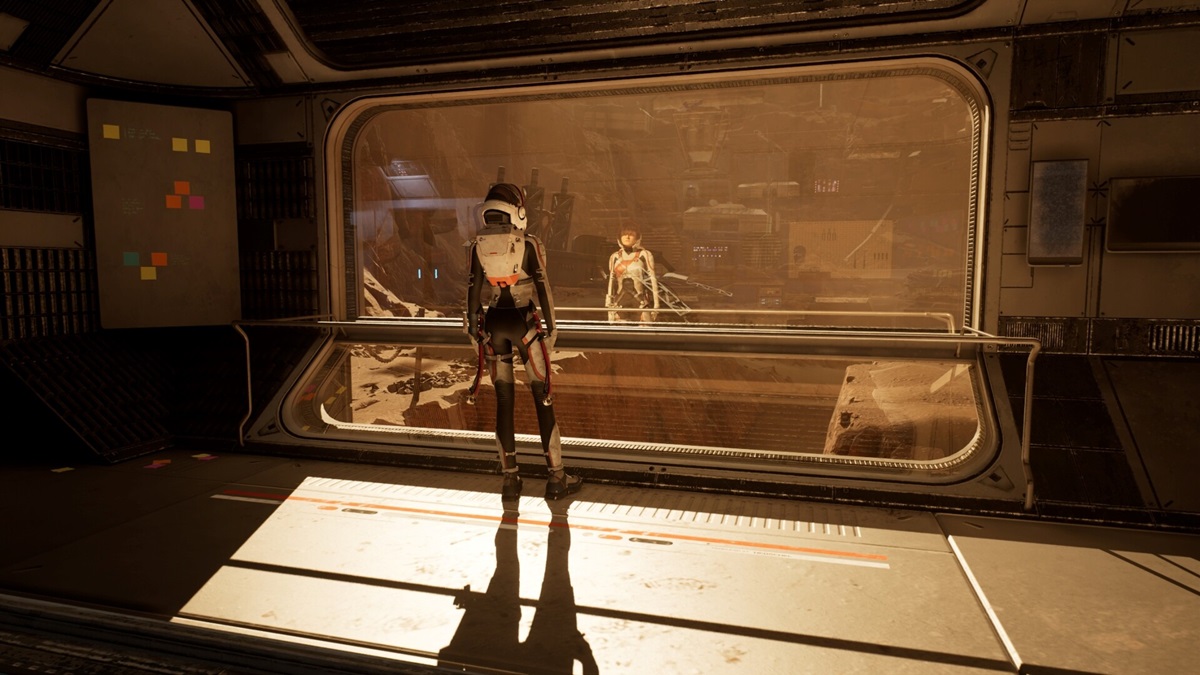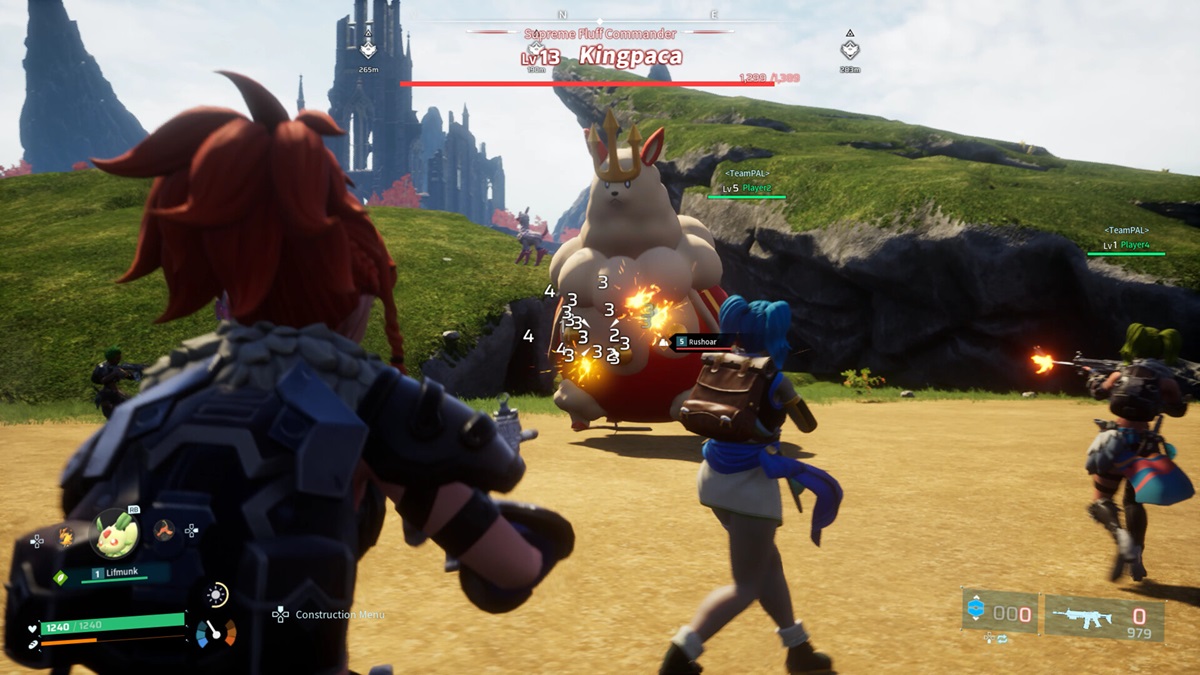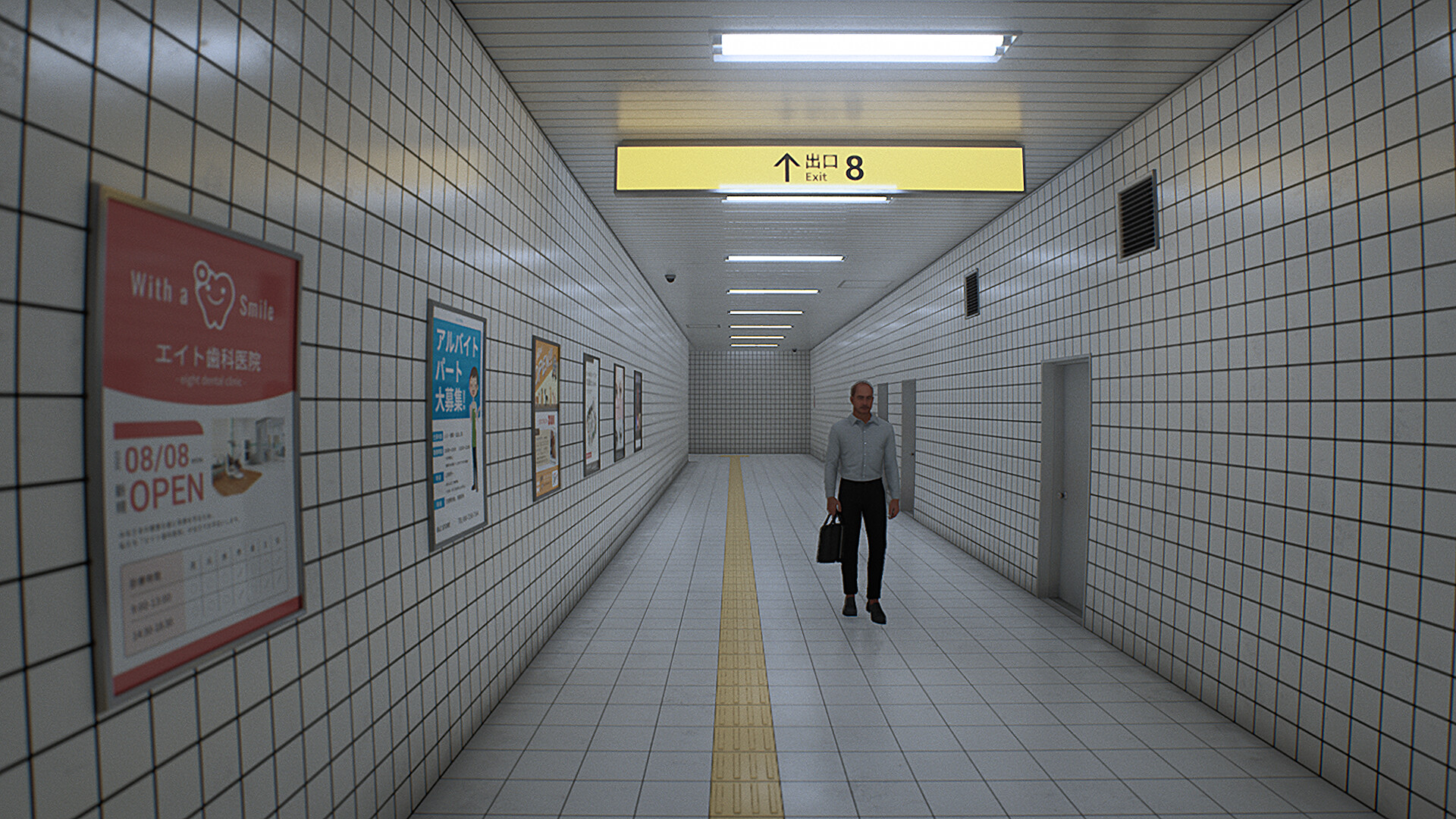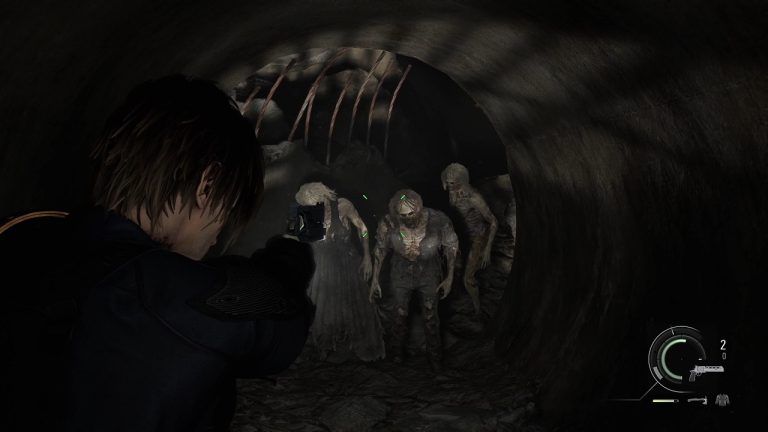Since last year, the game industry has witnessed successive mass layoffs at big companies. These cutbacks have upped the pressure on indie developers who are battling increasingly stiff competition to gain development funds from cautious major publishers. In this feature, we look at what indie creators are doing in the face of seismic shifts in how games are made and sold. We examine the support routes open to smaller developers and some recent success stories.

A spate of large-scale layoffs across the games industry has been a major topic of conversation. Many of the layoffs that hit the news in 2023 were at well-known games-related companies like Unity Technologies and Epic Games. According to videogamelayoffs.com, a private website that documents and compares worldwide data on such incidences, around 10,000 people in the industry lost their jobs last year. These industry layoffs are continuing in 2024, as can be seen with Riot Games and other developers. This trend towards downsizing is particularly strong at large companies, as evidenced by the mass layoffs at Microsoft’s Activision Blizzard and Sony’s PlayStation Studios back in January and February respectively.
How major company downsizing impacts small-scale developers
As reported by GamesRadar+, indie developers are also suffering as a result of the game industry’s downsizing. It seems the current climate is making it much harder for small companies to secure game development funding. Indie game studios who are unable to secure funding and therefore forced to close their doors are making their voices heard. Die Gute Fabrik, developers of highly acclaimed titles such as the adventure game Mutazione, announced on February 26 that they were halting production. The reason given was “the challenging funding and investment scene in games right now.”
On March 7, Eggnut also announced that they were suspending operations. The developer of the anthropomorphic detective adventure game Tails Noir stated that they had to abandon 2 years’ worth of work on a new title due to “persisting complications in funding.” In the announcement, the studio concluded that, “The game industry is f**cked.”
Risk-adverse publishers won’t allocate funds
Some indie developers have provided more details as to the monetary difficulties they face. Koen Deetman is the co-founder of Dutch studio Keoken Interactive, which brought us the puzzle-adventures Deliver Us the Moon and Deliver Us Mars. In conversation with gameindustry.biz, he revealed that the studio has made over 200 pitches for 5 titles in the last 2 years, none of which have resulted in a deal.
Deetman explains that the studio crafted, adapted and re-pitched these five titles to more than 40 publishers, adding that they were continuously rejected for a wide variety of reasons including “it’s too unique, it’s not unique enough, the budget is too high, the budget is too low, it’s too commercial, it’s not commercial enough.” Deetman explains that while he understands that not all games deserve to be signed and made, the sheer amount of rejection made him start to think that it wasn’t the fault of Keoken Interactive, but a different issue altogether.

Tomas Sala, the creator of the aerial combat game The Falconeer, took to X to respond to Deetman’s comments in the article. He stated that marketing and funding are escalating to levels that put them out of reach for small developers, and referred to the increasing competition across the entire industry. He explains that the games industry is in a situation where, “if you aren’t the ultimate winner, you lose… badly.” From this, it can be surmised that big, powerful publishers’ and companies’ marketing approaches and cautious attitudes are not only resulting in mass layoffs but are also putting the squeeze on small developers, making it hard for them to obtain necessary funding and a share of the market.
In other words, the combination of big companies scaling back, and the large number of indie developers has created a perfect storm in which smaller game companies are struggling against each other to gain funds from risk-averse publishers.
New ways of selling games
Large indie developers likely face many challenges such as having to secure development funding while providing stable salaries for their staff. In such cases, the realistic option would be to obtain funding from a major publisher, however this involves making repeated sales pitches in the hope of succeeding in the face of tough competition.
On a more optimistic note, let’s look at cases where small developers have achieved great success. Most recently, the deck-building Poker game Balatro created by solo developer LocalThunk has sold over 1 million copies. There have been other low-budget games that were either self-published or released by an indie publisher that went on to sell tens of thousands of units. Notable examples include The Exit 8 and (the) Gnorp Analogue.
There is also the example of the smash hit open-world survival game Palworld, developed and published by PocketPair. Although it is debated whether this game’s development scale can be classed as indie, at the very least it is an example of a developer achieving major sales without relying on a large publisher. A series of “big hits that don’t rely on a major publisher” may be indicative of the increased number of sales channels that help indie games thrive.

Movements by big companies to support indie games
In addition to crowdfunding, other frameworks have emerged in Japan and overseas to provide financial support for indie games. In Japan for example, Kodansha Game Creators Lab and Shueisha Games focus on helping indie developers with aspects such as funding and publishing. Both Kodansha and Shueisha are huge publishing companies in Japan with century-long histories in publishing books and print media.
Indeed, in Japan, major companies have been encouraging indie game development in recent years. For example, iGi (Indie Game Incubator) focuses on providing support for game development skills, as well as funds for booths and promotions at major events. iGi is operated by Japanese game developer, publisher and anime producer Marvelous Inc. Bandai Namco Studios has established the GYAAR Studio label. It has held two indie game contests so far, providing prize money of up to 30 million yen to winners, as well as development support programs and publishing assistance.

Developers range from solo creators to studios with dozens of employees. Larger developers have less flexibility to adapt to the current situation and are increasingly struggling to gain funding from major publishers due to intensifying competition amidst publisher cutbacks. However, there is still hope for indie developers of all sizes. The aforementioned successes of titles like The Exit 8 show that it is still possible to make good profits on your own using platforms such as Steam.
On the other hand, however good a game is, just distributing it does not guarantee that it will be a hit. In order to make the game’s existence known and reach out to potential players, publishers large and small must work to promote, fund and support the game. The previously mentioned efforts on the part of major companies to support indie creators may also be aimed at preserving the “diamonds in the rough” phenomenon of small developers producing hit games. As the way that games are made and sold undergoes dramatic changes, we can only hope that the industry will adapt and flourish further in the future.
Written by. Verity Townsend based on the original Japanese article (original article’s publication date: 2024-03-19 19:12 JST)






I do agree that it is more difficult to rely on AAA to be able to help fund and do it all, which is sort of why it does come down to larger publishing studios that are in other industries with consistent cashflow like Kodansha and Shueisha to begin helping out and to help themselves as well if they do end up finding a good Indie team to keep in their own studios to build themselves upward in status like you mentioned with “diamonds in the rough”.
It also does make me very happy to see IGI exist to help those who have passion but need help on learning to have the skills to make games, to help market games also. Those are very important skills because the industry can not flourish much like the Anime and Manga industries themselves have done so for so long without such programs like this to help them move onto their next stage in their path.
As for larger developers, is to maybe even combine forces with two Indie Development teams to create on larger Indie publishing Company to make a hit game and to help be a publisher that did not exist for other larger developers before. In Japan AA and Indies are in a bind, but i do feel like it’s a problem that will end up figuring itself out because so as long as there is an apparatus to help those starting out from Indie to AA/Medium Sized companies, the industry will begin to adapt and flourish.